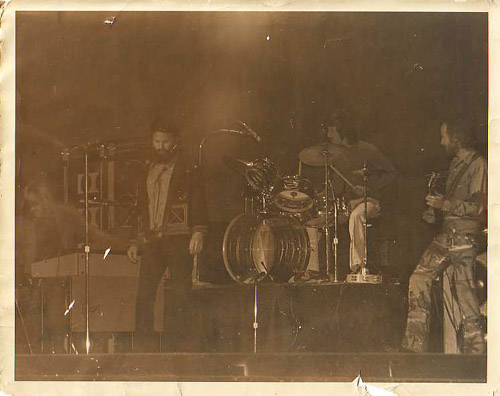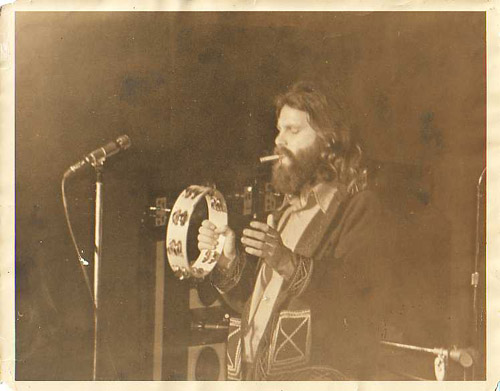To celebrate the 40th anniversary of one of the most iconic albums of all time, the Doors have released a special edition of their final exit, unknowingly their last work together as a band, L.A. Woman. It is a two-disc edition, featuring the original album with never-before released alternate takes and two newly-discovered jams caught on tape in the studio.
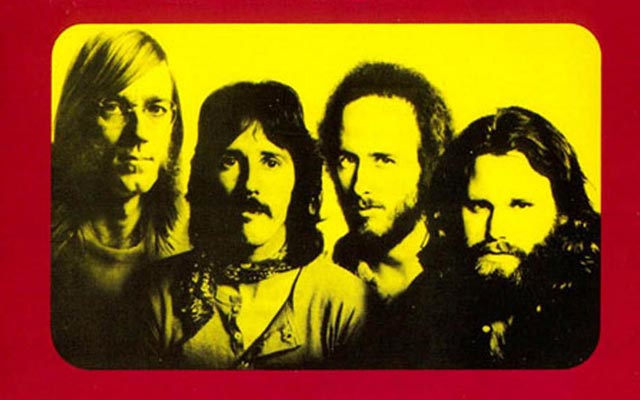
L.A. Woman proved to be the bands sixth and final album, the last to finish out their contract with Elektra Records. The previous two years had taken a toll on the band: the arrest and subsequent trial of singer Jim Morrison in Dade County, Florida, for indecency and public exposure, and the negative press they had taken because of the incident; the complete collapse of their year-long tour to promote their prior release, Morrison Hotel; and Morrison’s increasing problems with alcohol abuse due to his legal problems, which really wer pulling the band in every which way but loose.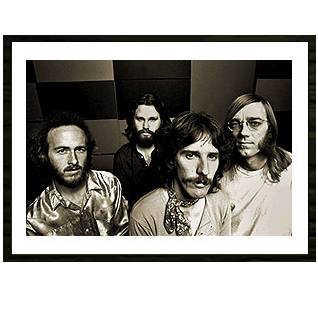 L.A. Woman was recorded in the winter of 1970-1971, just prior to the Morrison’s departure to Paris, where he wanted to lay low and get out of the public eye. The Doors had been slowly coming apart at the seams over the second half of 1970, while the band endured a grueling schedule to promote Morrison Hotel. It hit a very sour note after playing Britain’s Isle of Wight Festival in August, when Morrison told friends that for all intents and purposes that show should have been the final live performance of the band. The Doors staggered on, playing one last great show in December in Dallas, including material that would later appear on L.A. Woman (it is also the last known live recording of Morrison with the band, and the only time those songs were played live with the singer). This culminated with the Morrison Hotel tour coming to an abrupt halt the very next day in New Orleans, where Morrison slammed the microphone stand into the stage floor mid-performance, then stormed off.
L.A. Woman was recorded in the winter of 1970-1971, just prior to the Morrison’s departure to Paris, where he wanted to lay low and get out of the public eye. The Doors had been slowly coming apart at the seams over the second half of 1970, while the band endured a grueling schedule to promote Morrison Hotel. It hit a very sour note after playing Britain’s Isle of Wight Festival in August, when Morrison told friends that for all intents and purposes that show should have been the final live performance of the band. The Doors staggered on, playing one last great show in December in Dallas, including material that would later appear on L.A. Woman (it is also the last known live recording of Morrison with the band, and the only time those songs were played live with the singer). This culminated with the Morrison Hotel tour coming to an abrupt halt the very next day in New Orleans, where Morrison slammed the microphone stand into the stage floor mid-performance, then stormed off.
They had retreated to the studio to regroup, and work on their last obligation to Elektra, a sixth album. The members were actually getting along quite well, under the circumstances, but legendary producer Paul Rothchild, who had produced their first five albums, had hit a creative wall with the band and told them they were better off doing this one on their own if they truly wanted to see their vision through. So they took to recording in the rehearsal space located below their offices, with long-time colleague and studio engineer Bruce Botnick producing. The Doors also brought in Elvis Presley’s bassist Jerry Scheff and rhythm guitarist Marc Benno, to give the band some space to maneuver within.
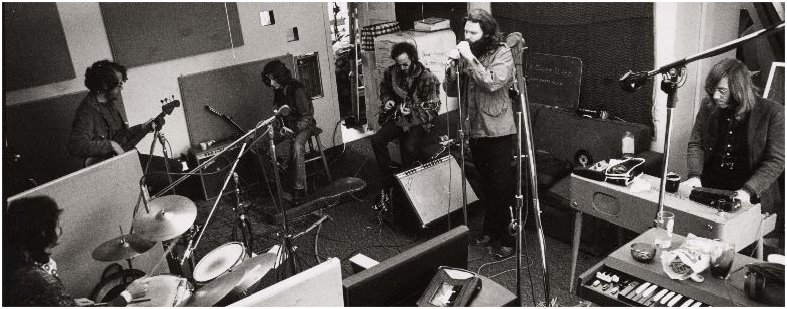
What resulted was one of the group’s best albums, with a stripped down, back to basics sound. The Doors had always been about the blues—it was their favorite thing to play in their club days, covering some of the classics, such as Willie Dixon’s “Backdoor Man”, B.B. King’s “Rock Me”, Bo Diddley’s “Who Do You Love?”, Big Mama Thornton’s “Little Red Rooster”, Albert King’s “Get Off My Life Woman”, and John Lee Hooker’s “Crawlin’ Kingsnake”. That last cover was included on L.A. Woman, sending a simple message: this album was all about the blues.
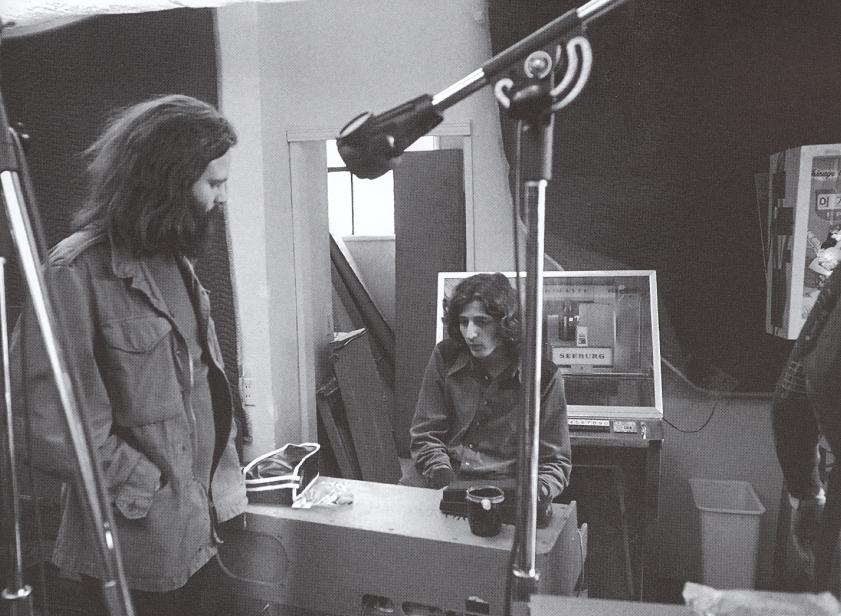
The Doors ended up with a very tight, gritty album, containing instant classics like “Love Her Madly,” “Riders on the Storm”, and the title track. Also included are great foot stomping numbers “The Changeling” and “Been Down So Long,” which are successfully contrasted with Morrison-poetry-driven pieces like “The WASP (Texas Radio and The Big Beat)”, “L’America”, and “Hyacinth House”, and flattened out with straight slow blues “The Cars Hiss by My Window”. The arrangement of the songs works superbly, and eerily foreshadows the band’s abrupt demise seven months later due to Morrison’s sudden death. The content exemplifies the band’s maturity and, like Morrison Hotel, definitely showcased what direction the band was turning toward. The trippy, psychedelic image and sound departed along with the end of the 1960s, and now the group focused on their roots, American blues and Morrison’s poetry. 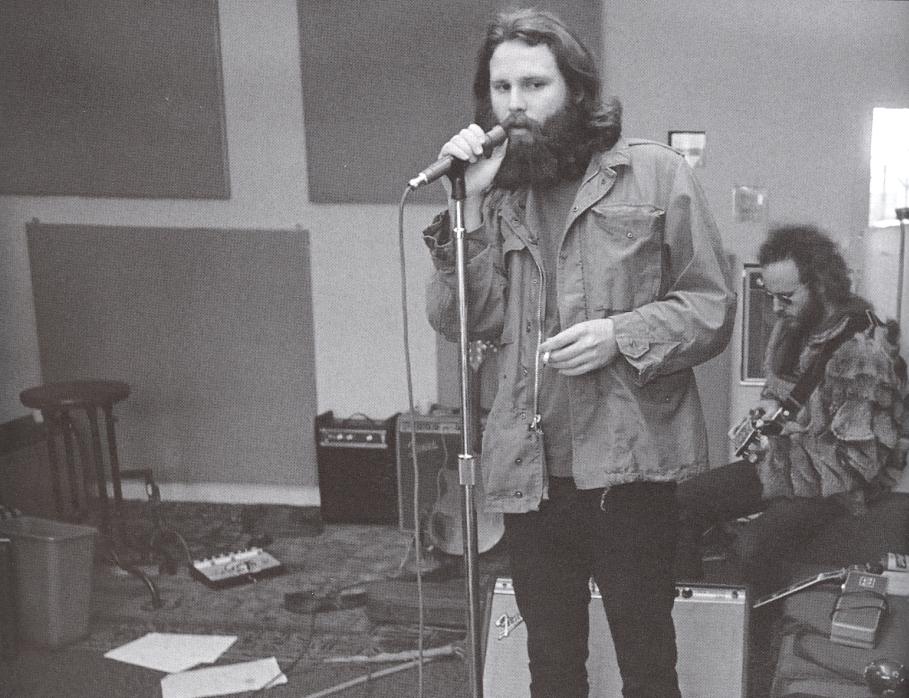
This release is strange due to the fact it is possibly the fourth remastered edition of the album, and noticeably absent are the extended versions of the title track and “The Cars Hiss By My Window” included on the prior re-release. For the album itself, only a remaster is presented, one which I reckon was done over a decade ago.
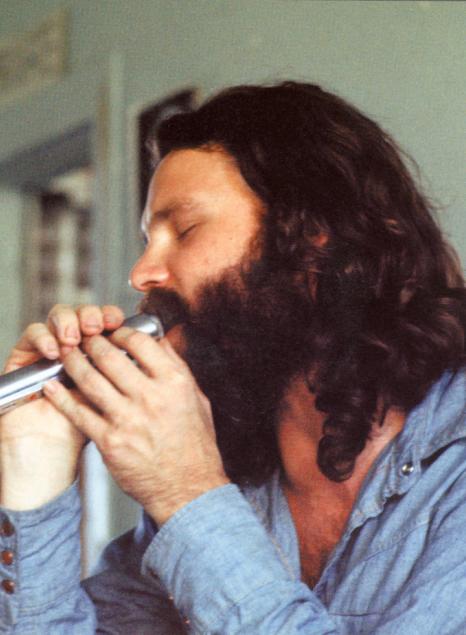
But what is a real treat and makes this a “must have” for Doors fans is disc two. Being a Doors fanatic who prides himself on his bootleg collection, I was floored to discover a huge amount of never-before-heard material from the recording sessions. It seemed that everything had been leaked by now at some level of quality or another, but for Rhino to be able to find truly “lost recordings” which have not been heard since first put to eight-inch tape is completely amazing. 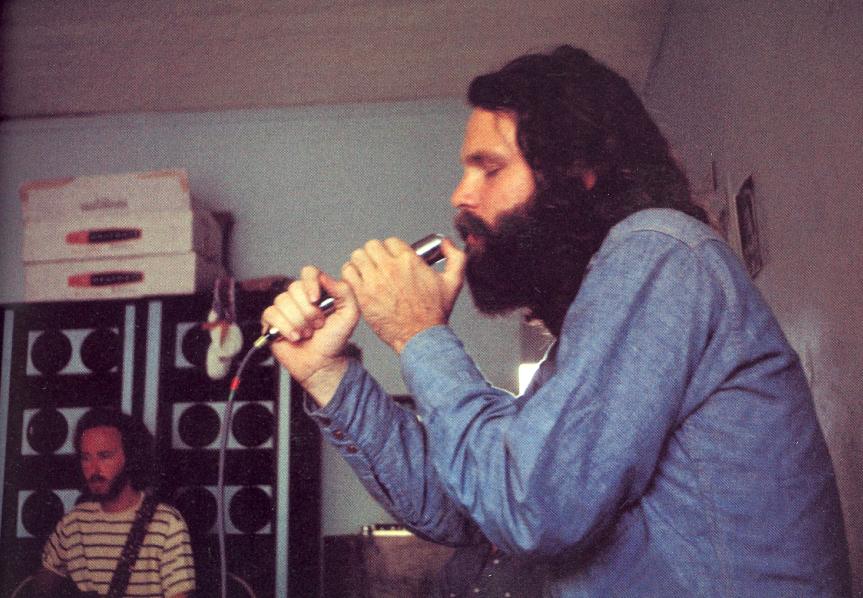
These new discoveries are alternate takes of almost every track on the album, and are really a treat to listen to. They are actually quite close to the ones used on the original release, but are only a take or two away from being perfected. It reminds one of, say, seeing the dress rehearsal for Saturday Night Live; now we can clearly see the slight tweaks that would go on to be what we know as the original album. “Love Her Madly” is about a version away from being done, and includes a solo by Robbie Krieger that I like better than the album version. I actually think the groove on the alternate version of “Been Down So Long” is dirtier and funky then the album, and in listening to the conversation between the band before the alternate take of “Rider’s On the Storm”, we hear how the now-classic thunderstorm background was conceived.
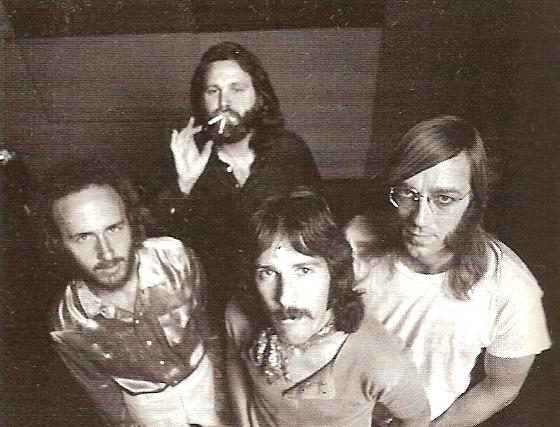
Along with those gems, two lost recordings were included of the band jamming to “Rock Me” before going into “L.A. Woman”’s “Mr. Mojo Risin” section, and a improvised “She Smells So Nice”, laid over a very Muddy Waters “I Got My Mojo Working” riff.
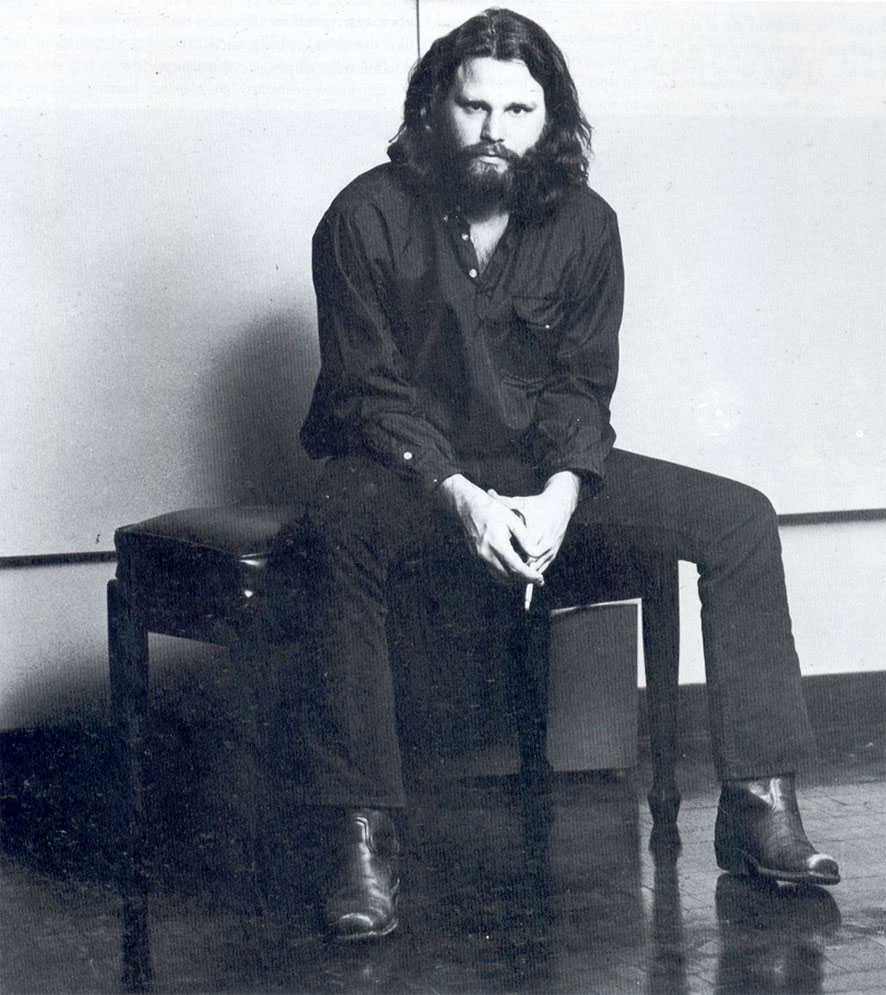
Although disc one is a bit of a disappointment, disc two of this special edition certainly makes up for it, giving you different versions of classics you thought you would never hear due to the tragedy that struck the band in July of 1971. A definite get for Doors fans, this release again reaffirms the status and influence this great band has had on the ages.
L.A. Woman’s all about the change back to The Doors roots: the blues; and as Morrison proclaims, “see them change!”
